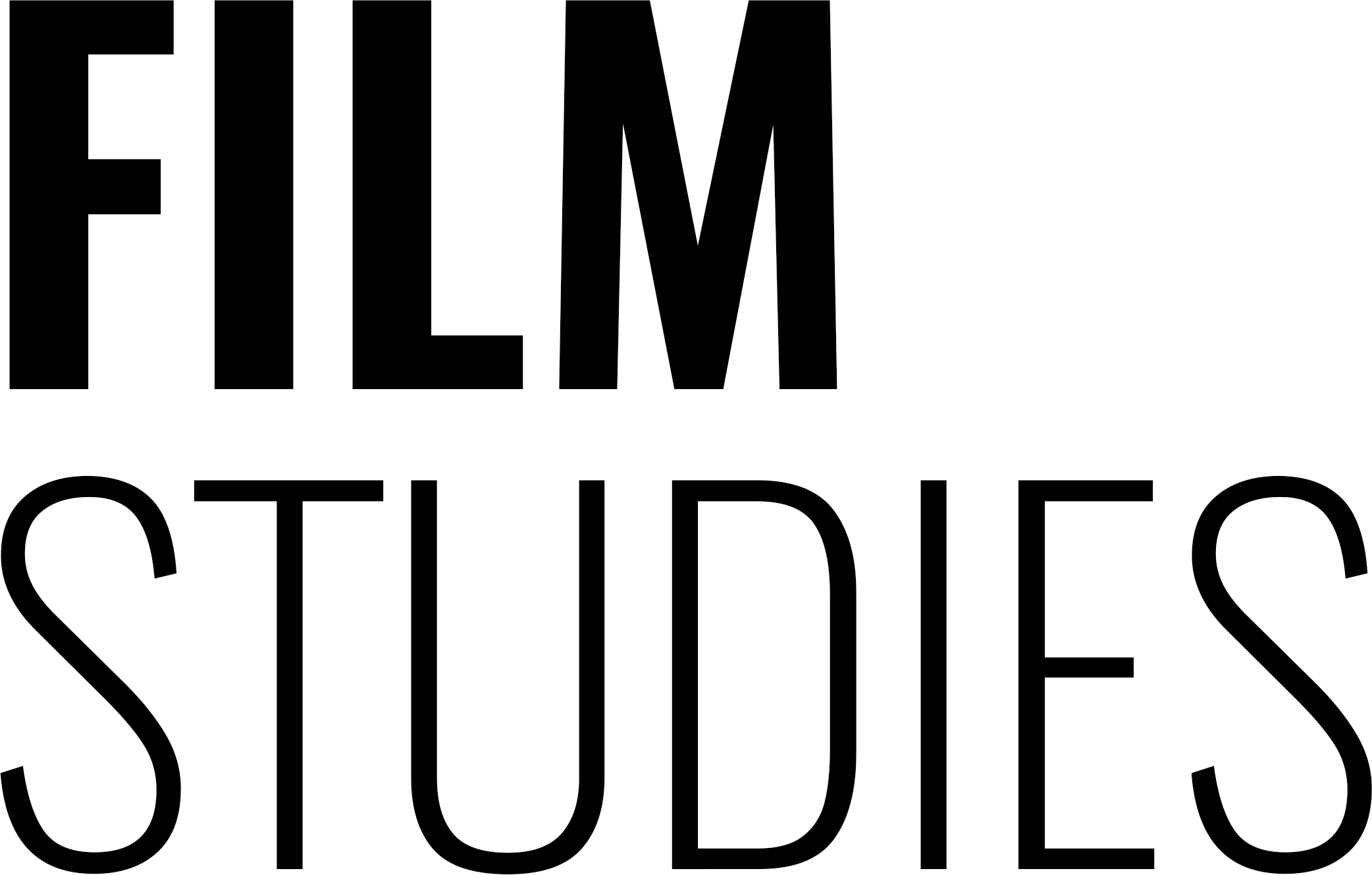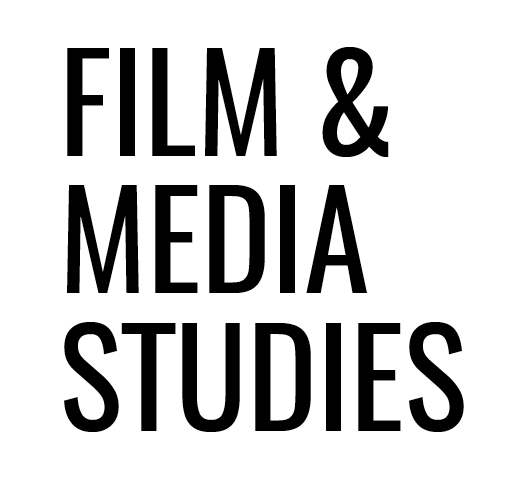ECL Major and Global Cinema Minor
If you are interested in studying film at UNC, we offer two different paths: a Film Studies Concentration within the English & Comparative Literature Department, and a Global Cinema Minor.
Aspect: Journal of Film and Screen Media highlights some of the best writing produced by our undergraduate students. Contact the editors at the journal’s site if you are interested in becoming a contributor.
Film Studies Concentration
To declare this concentration, contact Hilary Lithgow at lithgow@email.unc.edu.
The Film Studies Concentration in English & Comparative Literature consists of ten courses. Students take one foundational course, one methods course, three core courses (two surveys and one depth course), and five electives.
At least six of the ten courses must be 200-level or higher. Two of the ten courses can be any course in ENGL or CMPL (excluding ENGL 105). You are encouraged to begin with ENGL Film Analysis, but you may fulfill these requirements in any particular order.
Foundations
ENGL 142 Film Analysis
Methods
CMPL 240 Introduction to Film Theory, or ENGL 680 Film Theory
Core
Survey 1
CMPL 143 History of Global Cinema
Survey 2 (pick one)
CMPL 142 Visual Culture II
CMPL 150 Fear, Love, Laughter and Loss: Film Genres and Spectatorship (THT)
CMPL 255 The Feast in Film, Fiction, & Philosophy
ENGL 252 National & Transnational Cinemas
ENGL 255 Introduction to Media Studies
CMPL 227 World Authors: The Middle Ages in World Cinema
ENGL 323 American Cinema of the 1970s (THT)
CMPL 375 New Wave Cinema: Sources & Legacies
ENGL 380 Film History
ENGL 381 Literature & Cinema
Depth (pick one)
CMPL 212 The Cinematic City
CMPL 254 Horror & the Global Gothic
CMPL 262 Film & Politics
CMPL 271 Women in German Cinema
CMPL 280 Film Genres
CMPL 379 Cowboys, Samurai, & Rebels in Film & Fiction
ENGL 389 Major Film Directors
ENGL 410 Documentary Film
CMPL 463 Cinema & Surrealism
CMPL 490 Film, Photography, & the Digital Image (THT)
CMPL 494 Cinematic Uses of the Essay Form
Electives
Of the five electives, three can be courses from outside of English & Comparative Literature (see full departmental and interdepartmental list here).
If you take any of the above core courses after already satisfying the core requirements, it may count as an elective.
Competencies
At least two courses taken in ENGL or CMPL must be writing-intensive (300-level), and at least one must be research-intensive (400, 500, or 600 level).
The same course may fulfill multiple requirements. For instance, you may take a survey course that is also writing-intensive or research-intensive. Or you may take a depth course that is also writing-intensive or research-intensive.
Note: THT indicates that this course counts for the category in which it appears, but it will require a Tar Heel Tracker adjustment.
Questions? Contact:
Dr. Martin Johnson, Concentration Advisor, mlj@email.unc.edu
Dr. Rick Warner, Concentration Coordinator and Director of Film Studies, crwarner@email.unc.edu
Global Cinema Minor
The Global Cinema Minor is housed in the Department of English and Comparative Literature. This five-course interdisciplinary minor enables students to explore the past and present of global cinema in its aesthetic, economic, historical, technological, and social contexts. According to their own interests, students select an adventurous course of study of the place of film and media within and across human cultures.
Minors take
Core
ENGL 142 Film Analysis (or ART 159 The Film Experience)
CMPL 143 History of Global Cinema
Three Electives from inter-departmental list (see list of electives here).
Questions? Contact:
Dr. Martin Johnson, Global Cinema Minor Advisor, mlj@email.unc.edu




